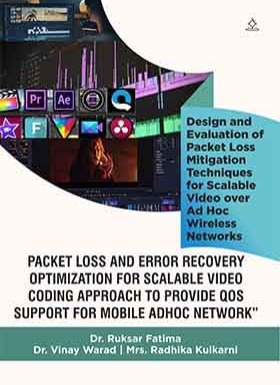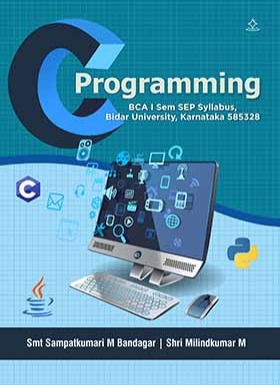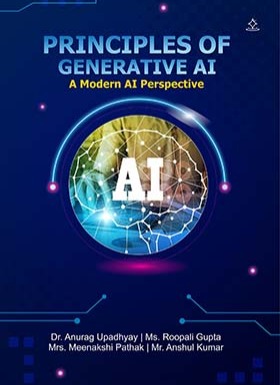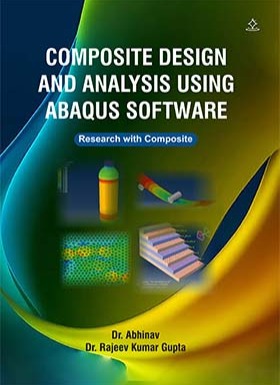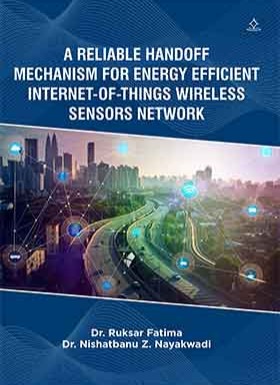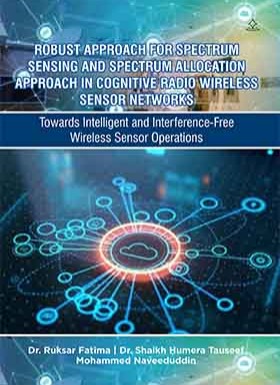About Book
"Packet Loss and Error Recovery Optimization for Scalable Video Coding Approach to Provide QoS Support for Mobile Ad Hoc Networks" presents a cutting-edge solution to one of the most pressing challenges in wireless multimedia communication: how to maintain high-quality video streaming over unreliable and resource-constrained mobile ad hoc networks (MANETs).
At the heart of this book is a novel framework that integrates Scalable Video Coding (SVC) with visual saliency detection to deliver adaptive, QoS-aware video transmission. Rather than treating all parts of a video equally, this approach intelligently identifies and prioritizes the most visually important regions — those that human viewers focus on most — enabling efficient bandwidth use and improved video quality under varying network conditions.
The book introduces two complementary sets of visual saliency techniques:
Contrast-based saliency mapping, which captures motion and color contrasts using spatio-temporal gradients.
Model-based techniques, including Dynamic Local Orientation Cues (DLOC) and Markov Random Fields (MRF), to enforce spatial coherence and detect subtle yet salient features.
By fusing spatial, temporal, and semantic cues, the framework creates robust saliency maps that guide scalable video encoding, transmission, and error recovery. These techniques are particularly effective in dynamic, multi-hop environments like MANETs, where packet loss, latency, and network instability are common.
Through detailed theoretical foundations, algorithmic insights, and performance evaluations using simulation tools, this book equips readers with the knowledge and practical techniques to build more resilient, intelligent video delivery systems.
About Author
Author 1:Dr. Ruksar Fatima is a dedicated researcher and academic in the field of wireless multimedia communications, with a focus on scalable video coding, mobile ad hoc networks (MANETs), and intelligent video systems. With years of experience in both academic research and real-world application, she has authored multiple papers on visual saliency, network optimization, and quality of service in multimedia networks. Her work is driven by a passion for creating efficient, user-centered solutions in the ever-evolving landscape of wireless technology.
Author 2: Dr. Vinay C Warad is currently serving as an Assistant Professor in the Department of Computer Science and Engineering at the Faculty of Engineering and Technology, Khaja Bandanawaz University, Kalaburagi. He brings over 11 years of teaching experience to the academic community, with a strong commitment to excellence in both instruction and research.
Dr. Warad holds a Bachelor of Engineering (B.E) degree in Computer Science and Engineering from Visvesvaraya Technological University (VTU), Belagavi, Karnataka. He completed his Master of Engineering (M.E) in Computer Science and Engineering from Sathyabama University, Tamil Nadu. In 2024, he earned his Doctor of Philosophy (Ph.D.) from VTU, Belagavi, with a focus on advanced computing systems.
He has authored and co-authored numerous technical papers presented at national and international conferences and published in reputed journals. His areas of interest include: Object-Oriented Programming in C++ and Java
Python Application Programming, Artificial Intelligence and Machine Learning, Deep Learning, Operating Systems,
Big Data Analytics, C Programming, Data Structures using C .
Dr. Warad is recognized for his dedication to student success and his innovative teaching approaches that bridge theory and practical application in cutting-edge technology domains.
Author 3: Radhika Kulkarni is currently working as an Assistant Professor in the Department of Computer Science and Engineering at the Faculty of Engineering and Technology, Khaja Bandanawaz University, Kalaburagi. With an impressive 18 years of teaching experience, she is a seasoned academic with a strong foundation in both theoretical and applied computer science.
She earned her Bachelor of Engineering (B.E.) in Computer Science and Engineering from Visvesvaraya Technological University (VTU), Belagavi, Karnataka. She went on to complete her Master of Technology (M.Tech) in Computer Science and Engineering, also from VTU, Belagavi.
Radhika Kulkarni has actively contributed to the academic community through the publication of several technical papers in reputed national and international journals and conferences. Her academic and research interests span a wide range of modern and foundational computer science topics, including:
She is known for her dedication to student learning, passion for innovation, and commitment to advancing knowledge in the field of computer science.
